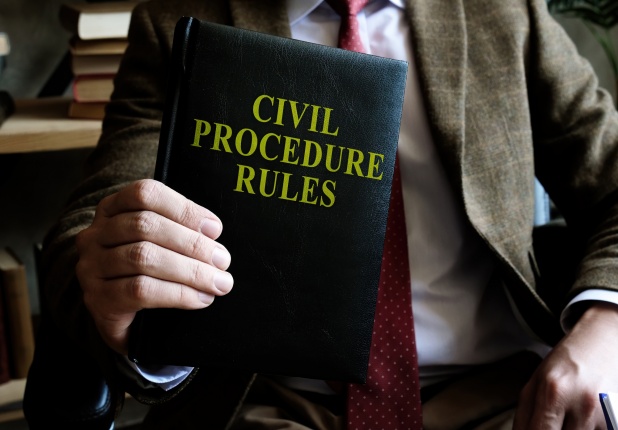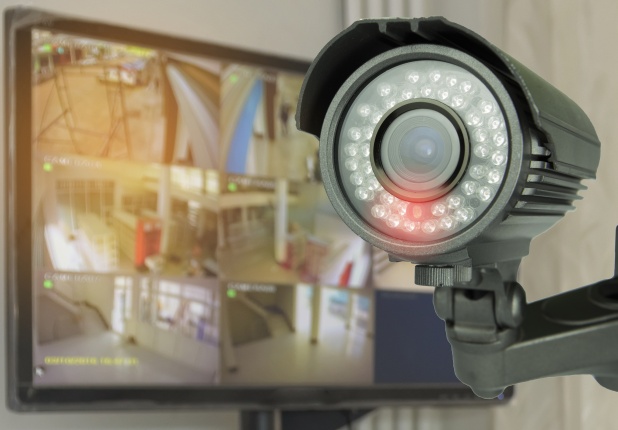The Legal Competency Missing from Legal Education: Law School Curricula and E-Discovery
As the amount of electronically stored information (“ESI”) continues to grow at an exponential rate, basic E-Discovery knowledge becomes increasingly essential for litigators and legal professionals alike across a variety of practice areas. And yet, it does not appear that law schools are keeping up with E-Discovery’s ever-growing consequence. While a handful of law schools do offer standalone E-Discovery courses, it is far from the norm. Mere passing references to E-Discovery in higher education are inadequate to prepare future lawyers for the realities of the legal profession in this digital age.






